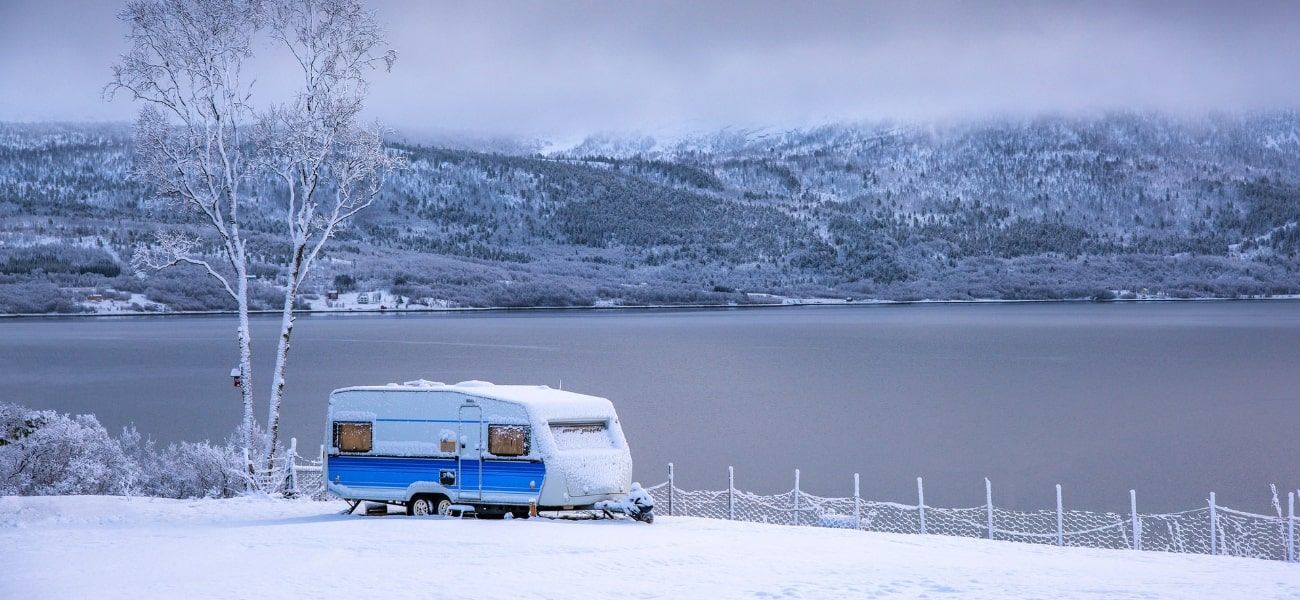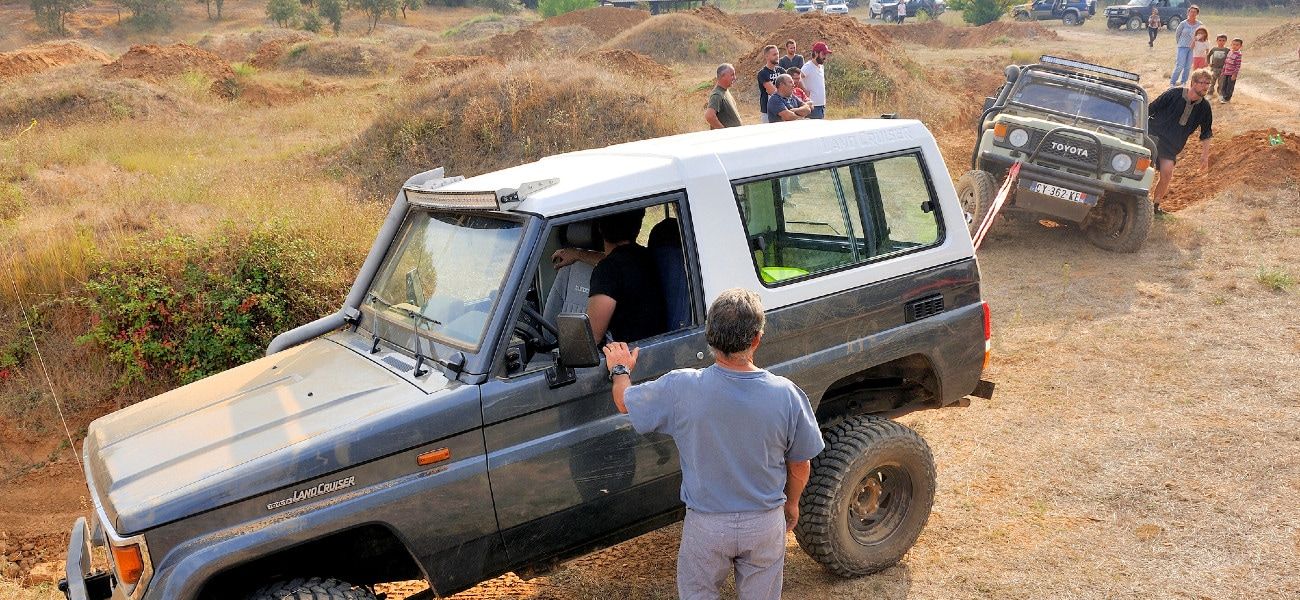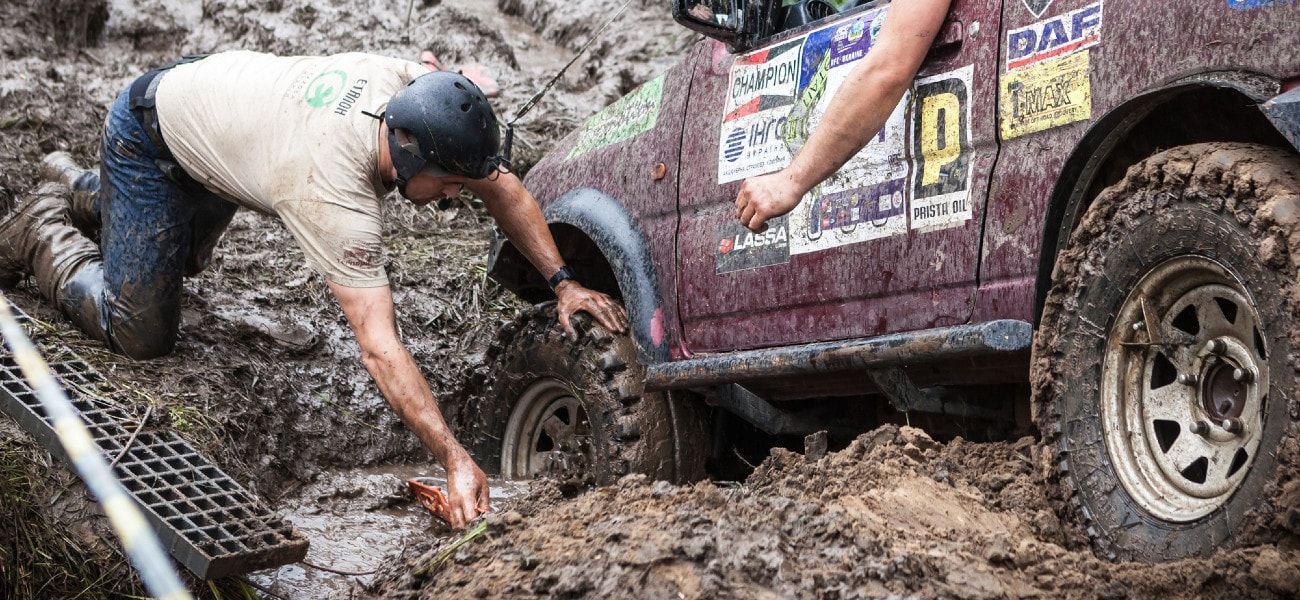What is the best type of heating system for a caravan in Australia? While air conditioners jump out as an obvious purchase, not as many people consider a dedicated heating system.
As anybody who has been caravanning in the southern states will tell you, going for a trip in winter without some kind of heating is pretty rough.
A heating system will certainly make life in your van more comfortable but where do you start?
Types of Heaters
If you’re planning on installing a permanent system it’s likely that you’ll use one of the three following types of heaters.
A lot of caravan and RV owners use reverse-cycle air conditioners. These electric systems are great if you have access to a mains supply. However, if you’re going off the grid then a diesel heater or a gas/LPG system is probably more suitable.
Let’s take a look at these heating systems so you can figure out which is best for you.
Gas/LPG Heaters
Liquefied Petroleum Gas (LPG) heaters are very useful for caravans because of the way they can integrate with your existing appliances. Your stove, water heater and possibly even your fridge likely already run on gas. In short, you won’t need an additional fuel tank like you would with diesel.
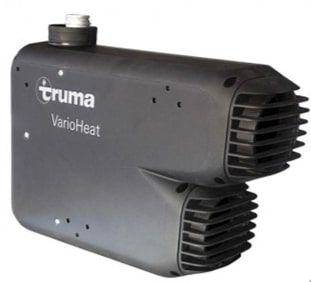
Simply connect your heater to the existing tank and you’re off to the races. A 9kg bottle will provide about two weeks’ worth of heat, making this a very fuel efficient option.
Like the diesel heater, electricity is required to ignite the gas and run the fan, but the 12V power required is minimal so you can comfortably draw it from your leisure battery (you’ll need RV solar panels if running it off grid for an extended period).
Some important points about LPG heaters:
Diesel Heaters
Diesel heaters are compact and safe to use. They’re also the most convenient to set up because you don’t need to hire a professional. Furthermore, diesel fuel is readily available across the nation so you don’t have to worry about carrying an extra supply or paying over the odds.
There’s no getting away from the fact that diesel is safer than gas. It is less likely to ignite because it’s less volatile and therefore less combustible. While carbon monoxide is still produced in diesel combustion, it’s less of an issue than with LPG heaters.
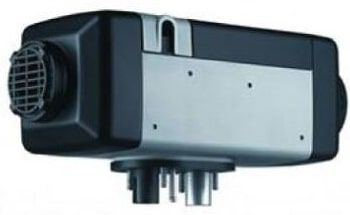
In any case, modern LPG and diesel heaters are very safe and keep all combustion gases entirely segregated from the air circulating inside your van.
They work via an intake duct which directs cold air over a hot metal surface (heated from the other side by diesel combustion), heating the air that passes through it. A fan then pushes the air through an outlet and it enters the caravan making it nice and toasty.
Some pros and cons of diesel heaters:
Electric Heaters
There are two main types of electric heaters. Regular electric heaters, or reverse-cycle air conditioners that allow you to choose between cooling or heating modes.
Let’s take a look at air conditioners.
Reverse-cycle Air Conditioners
Air conditioners are great because they can be used for both heating in winter and caravan cooling in summer. Unlike LPG and diesel heaters, you can also control the temperature more precisely with air conditioners.
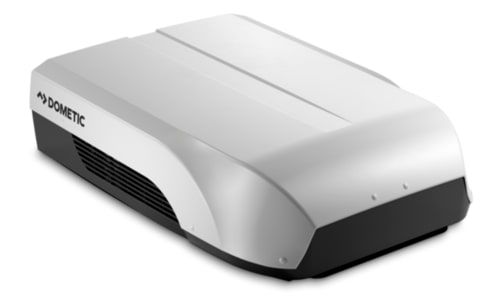
Caravan air conditioner
The major downside of using a caravan air conditioner for heating is that they use 240V power and a lot of it, so it’s only suitable for use at a powered site. Even with an inverter and a large battery, solar panels simply don’t produce enough energy to run them.
Another drawback is that this type of heating dries out the air. If you’re using it overnight it may not be the most comfortable system to use.
Regular Electric Heaters
There are some models out there which combine gas and electric heaters, allowing you to use electricity when you have power and gas when you’re off grid, which gives you a lot of flexibility. Some of them even combine space heating with water heating, simplifying your appliances and water system greatly.
Be aware that these aren’t cheap, however, so be sure that you’re going to get plenty of use out of it before investing in one.
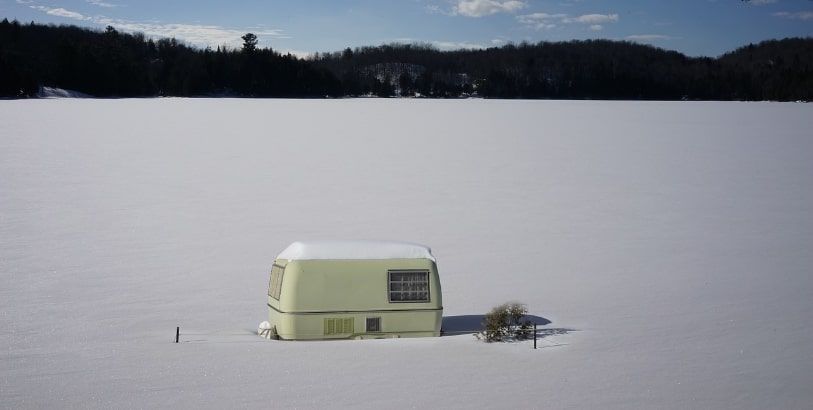
Portable Heaters
If you don’t have the budget for a big heating system, or don’t see the value in one, a portable heater may be the best solution.
The advantage of a portable system is that you can just leave it at home if you don’t need it. They can also be repurposed so you can heat your home or garage when you’re not on a trip.
Let’s take a quick look at gas, diesel and electric portable heaters and weigh up which is best for you.
Gas
This is one type that I would avoid if possible. Portable gas heaters are usually not designed for caravans. They can easily cause carbon monoxide poisoning in an enclosed space if set up incorrectly. So be very careful if that’s what you’re using.
Ensure that your van is well-ventilated and that you have a CO monitor.
Also, like all gas heaters, they produce a lot of condensation. There are better options out there.
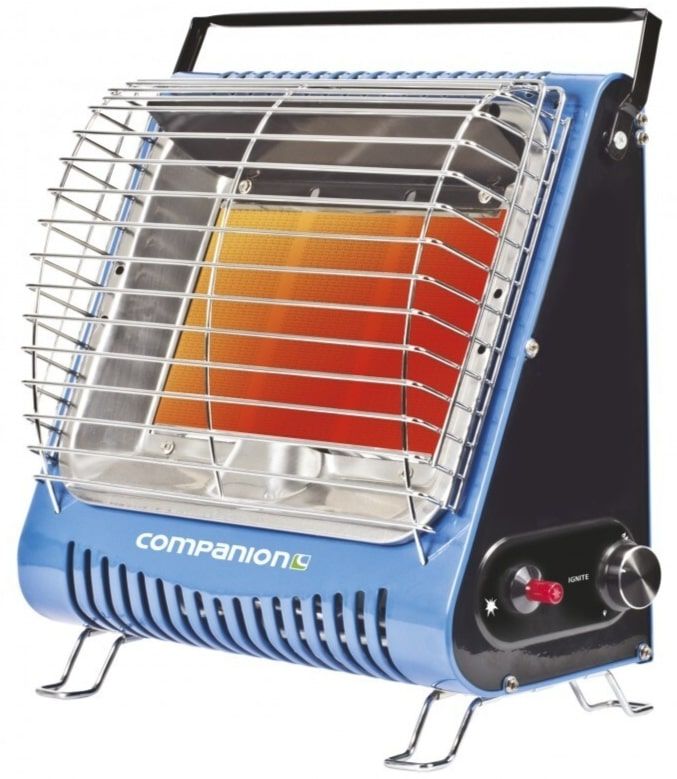
Diesel
Probably the best of the portable options, they’re great for infrequent use. Fuel up, place it under your van, plug it in to 12V power, and switch it on.
They draw in air from outside before heating it up, and sending it inside. A positive side-effect is that this also reduces condensation.
You can also keep the unit outside, making it much safer than gas heaters if something goes wrong, but you should still have a CO monitor to stay safe.
They’re relatively fuel-efficient but take up space when you’re on the move. The downside is that it is an effort to set them up, especially with the ducting into the van.
The weather can be a problem too because strong winds or heavy rain can affect the heater. There is also the risk of it getting stolen if it is not secured to your vehicle.
Electric
These are one of the cheapest heating options on the market. You can easily pick one up at any camping shop. However, they require a lot of power.
Usually, they produce around 750W - 2,000W of heat. This means it’s not possible to run one from solar panels.
Even if you have access to a caravan park’s mains supply, be aware that your safety switch can still trip if you’re using a lot of high-power devices and appliances at once.
As everybody who owns a caravan knows, space management is crucial. These heaters are guaranteed to take up some of your valuable space, which can be very inconvenient.
Heat Yourself!
As you can see, there are a variety of options when it comes to caravan heating. However, if these options are out of your price range or if you are off the grid for extended periods and don’t have much power, you can look at my guide on heating a caravan with little power.
We hope that this article has helped you to understand the different types of heating systems on the market. It’s definitely something to consider for those cool winter nights.
Remember to stay safe and pay a professional to install gas systems, or any other system that requires certification. As always, if you’ve any questions, please comment below.
This article may contain affiliate links. I will earn a commission if you choose to purchase a product or service after clicking on my link. This helps pay for the cost of running the website. You will not be disadvantaged in any way by using my links.
Note that while every effort is made to ensure the accuracy of the information on this page, there may sometimes be errors. Check all specifications with the manufacturer before purchasing any product.

